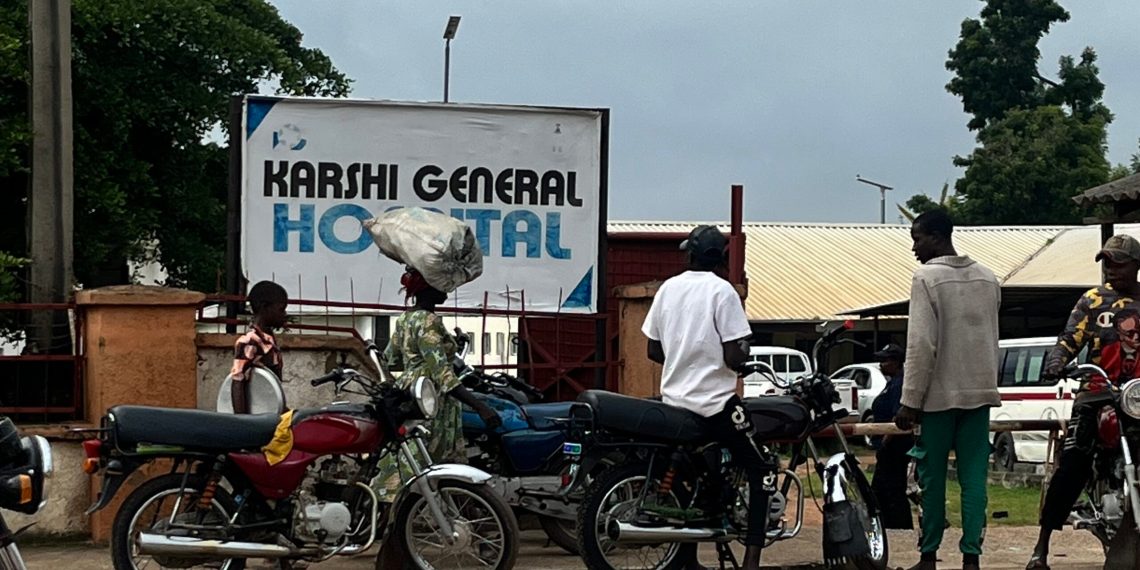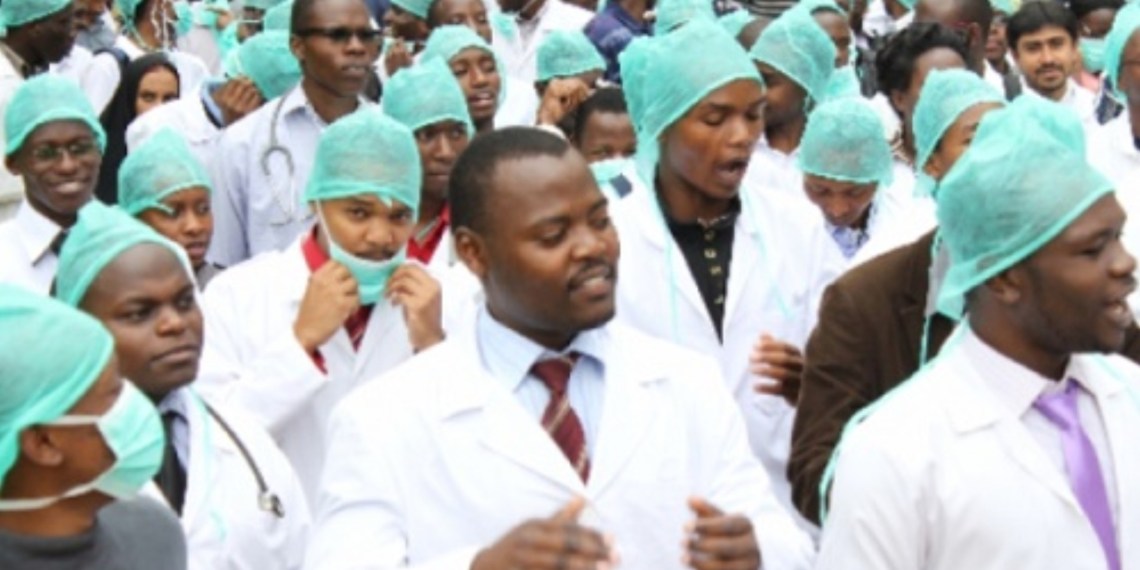The healthcare landscape in Nigeria’s Federal Capital Territory (FCT) has recently come under intense scrutiny, as the Association of Resident Doctors in the FCT (ARD-FCT) commenced a decisive seven-day warning strike on 8 September. Their action, according to an official communiqué signed by ARD-FCT President Dr. George Egbong and the union’s executive committee, stems from years of unresolved issues with the government.
These grievances, outlined candidly in the communiqué, include severe staff shortages, persistent welfare concerns, unpaid and inconsistently disbursed salaries, unexplained remuneration deductions, overwhelming workloads that take a psychological toll, and a glaring lack of new recruitment in FCT hospitals since 2011. Observers note that these unresolved issues mirror broader systemic problems within Nigeria’s public health sector, with ripple effects across West Africa.
The warning strike, initially set to end on 15 September, is meant as both a protest and a call to urgent action. ARD-FCT leadership announced that the future course of the strike—be it escalation, suspension, or intensification—would depend on the government’s response and willingness to meaningfully engage the doctors’ demands.
Health Services Disrupted: Patients Caught in the Crossfire
Field reports from PREMIUM TIMES journalists at various Abuja health centres on Tuesday revealed a disturbing reality for patients. With most hospital departments shuttered, only cases deemed emergencies received attention. The result: empty waiting rooms, anxiety among patients and families, and growing frustration with the healthcare system’s inability to provide routine care during industrial action.
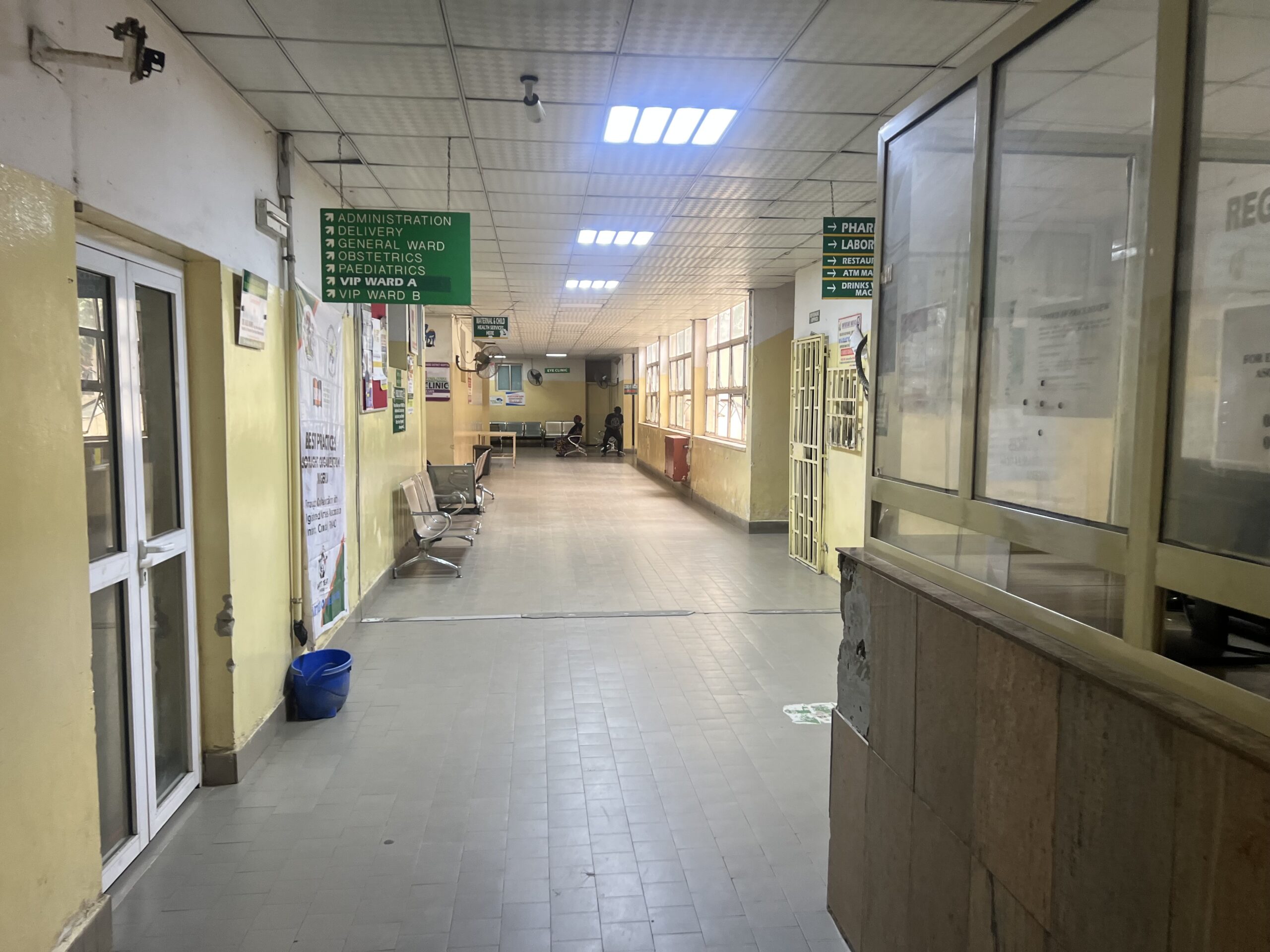
A follow-up by PREMIUM TIMES on Friday, five days into the strike, observed that only skeletal services remained operational. While out-patient departments stood eerily deserted, a blend of nurses, consultants, and a handful of medical officers stepped in to handle urgent and life-threatening cases.
Impact on Critical Services: Mixed Experiences Across Hospitals
Officials observed patchy service delivery at both Maitama and Asokoro district hospitals, two of the FCT’s longest-standing specialist facilities.
While antenatal care (ANC) services continued uninterrupted in these hospitals—critical in a country with one of the highest maternal mortality rates in the world—other departments had ceased operations. For many women, this continuity was a relief. Peace Michael, who attended the Maitama hospital for her ANC appointment, told PREMIUM TIMES, “I knew about the strike, but it did not affect the services I came for.”
Similarly, another patient, Nwankwo Bright, accompanied his wife to the hospital for an ANC visit. “That [strike] didn’t affect my being here because I wasn’t scheduled to meet with doctors. It was the nurses in charge of antenatal care who attended to us,” he recounted.
According to both patients and staff, outside ANC, most services had been suspended, and the hospital was not admitting new patients — a measure that underscores the severity of the workforce shortage.
At Asokoro hospital, a staff researcher in internal medicine explained, “All patients were discharged before the strike began; there have been no admissions since.” Such preemptive discharges are a rare but necessary move to avoid leaving vulnerable patients without care during industrial action.
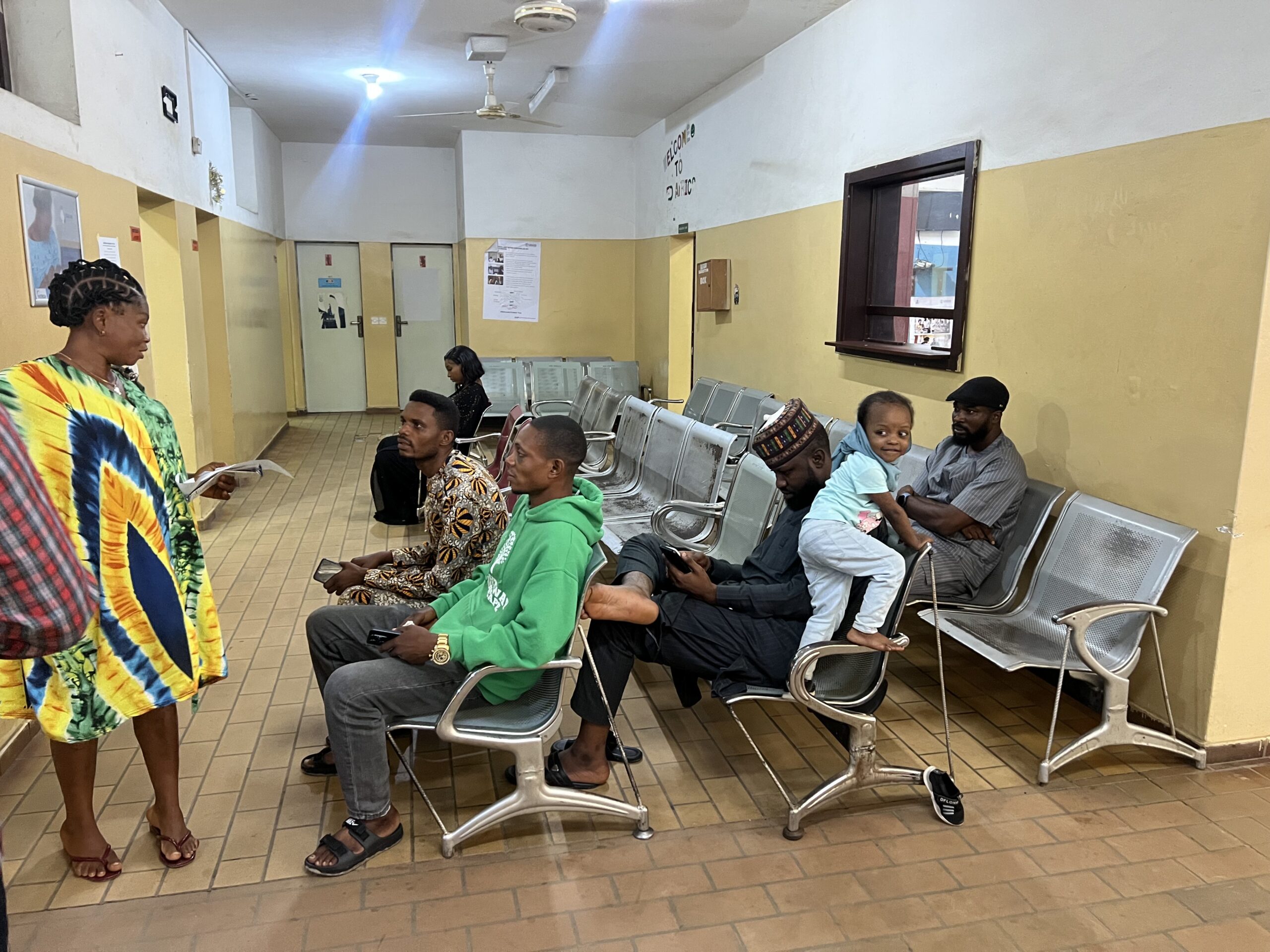
Uzurame Samuel, a mother with firsthand experience of the hospital system, visited Asokoro for a medical report required by her son’s school. “When I came, the place was not crowded. I didn’t even know they were on strike at first. I was surprised at how empty it was compared to before. I’m not seeing doctors around like usual. I initially thought there had been some reforms,” she observed, reflecting common public confusion during such disruptions.
Rural Hospitals: Coping with Limited Resources
Not all hospitals experienced a complete shutdown. Karshi General Hospital, serving a more rural catchment, reportedly continued some non-doctor-dependent operations. While doctors’ clinics were closed, departments such as antenatal registration and laboratory diagnostics remained accessible.
A woman interviewed while registering for antenatal care confirmed that basic services were available. “If you want to register for antenatal, you can go there. If you want to do tests, you can go. But you won’t be able to see a doctor until after the strike,” she explained. Such adaptations, though helpful, cannot substitute for full clinical care.
Doctors’ Leaders Speak Out: “We Are Overstretched and Demoralised”
In an exclusive Thursday interview with PREMIUM TIMES, ARD-FCT President Dr. Egbong described the strike as a “last resort”—one taken after months of appeals to the FCT Administration failed to yield progress. “Many hospitals are struggling with depleted manpower and worsening working conditions,” he noted. “Doctors are overstretched and demoralised.”
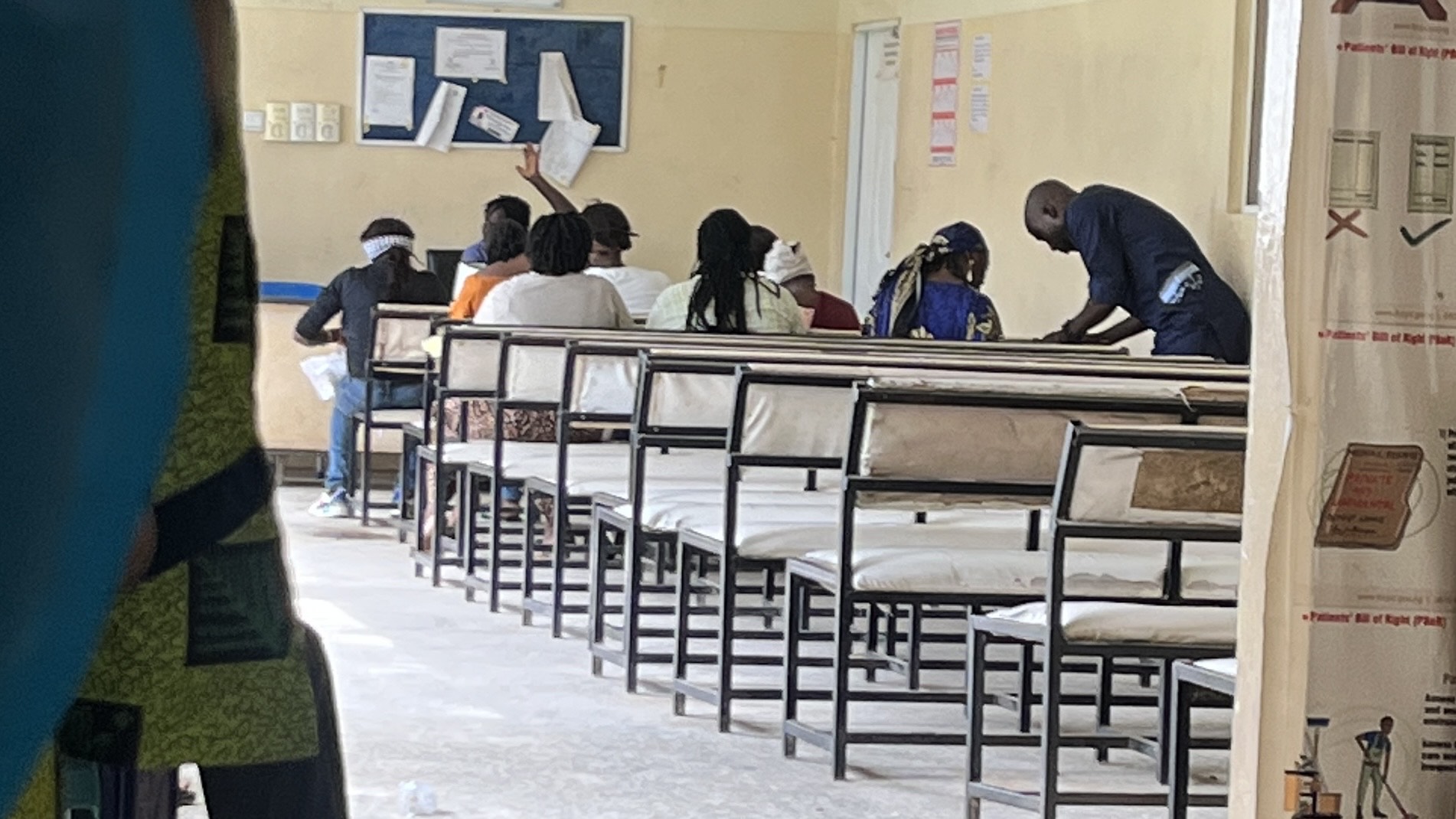
He continued, “We cannot continue to work under these conditions without putting our own health and the safety of patients at risk.” Dr. Egbong also affirmed that the doctors’ association remains open to dialogue, provided that authorities demonstrate real goodwill and urgency in addressing longstanding problems.
A National Crisis Looms: Spillover Effects Across Nigeria
The ARD-FCT strike is not an isolated event. It reflects deep-rooted tensions within Nigeria’s healthcare sector, intensified by a wider industrial climate. Nationally, the Nigerian Association of Resident Doctors (NARD), representing the largest group of frontline medical staff in the country, has also renewed its demands to the federal government and threatened broader industrial action.
The national doctors’ union is protesting non-payment of five months’ arrears on the 25/35 per cent Consolidated Medical Salary Structure (CONMESS) review, the delayed release of the 2025 Medical Residency Training Fund (MRTF), and the controversial downgrading of West African Colleges of Physicians and Surgeons membership certificates by the Medical and Dental Council of Nigeria (MDCN).
“It is a matter of gross insensitivity for any state to withhold the Medical Residency Training Fund,” NARD leaders stated, expressing frustration at regional governments that reportedly owe pay and training entitlements. With resident doctors forming the backbone of tertiary healthcare in Nigeria, repeated industrial action threatens to paralyze the nation’s ability to deliver essential health services.
Challenges, Perspectives, and Global Implications
The persistent strikes raise critical questions about public health policy, resource allocation, and manpower planning. According to Lagos-based public health expert Dr. Aminu Abubakar, “The fact that FCT hospitals haven’t recruited new resident doctors since 2011 is alarming. This trend has led to burnout, poor morale, and talent drain, with many doctors seeking opportunities abroad.”
Analysts warn that these challenges also affect Nigeria’s ability to serve as a regional medical destination for neighbouring countries like Ghana, Cameroon, and Niger. Furthermore, prolonged strikes risk increasing medical tourism outflows, as wealthier patients seek care in private clinics or abroad—while the poor endure untreated illness.
Measures such as improved funding, transparent payroll administration, contemporaneous recruitment, and timely dialogue with labor unions are widely recommended by health policy advocates. Comparative data from nations like Ghana and Kenya suggest that even modest improvements in healthcare worker welfare and training can lead to significant improvements in patient outcomes.
Conclusion: The Way Forward
While efforts continue behind the scenes to resolve the ongoing industrial dispute, the broader context is clear: Nigeria’s—and West Africa’s—healthcare systems require urgent reform to prevent future crises. The well-being of millions depends on it.
What’s your experience with hospital services during strike actions? Have you or someone you know been affected? Share your story, opinion, or suggestions below. For live updates and more in-depth analysis on Nigeria’s healthcare, follow us and join the conversation!
Share Your Voice & Help Shape the Story
Do you have insights, experiences, or breaking news about Nigeria’s health sector, strikes, or related issues? We want to hear from you!
Get your story featured or discuss story sales by emailing story@nowahalazone.com.
For general tips, opinions, or support, reach us at support@nowahalazone.com.
Stay up-to-date by following us on
Facebook,
X (Twitter), and
Instagram.
Your voice matters—contribute today and help us drive impactful journalism across Nigeria, West Africa, and beyond!

